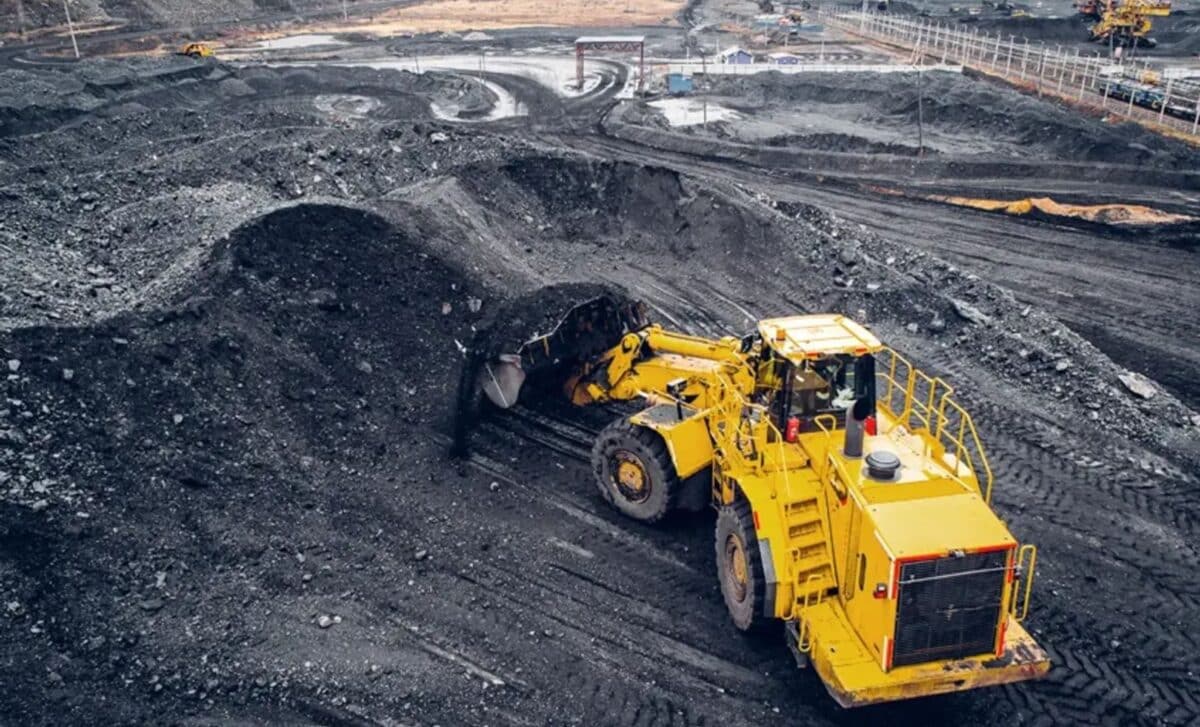A series of federal cutbacks has brought one of the United States’ longest-standing coal miner health programmes to an abrupt halt, triggering alarm in communities already grappling with a resurgence of black lung disease.
The changes come amid broader efforts by the Trump administration to reshape health and safety regulations in the mining sector, with far-reaching implications for worker protection.
Long-Time Protections for Coal Miners Rolled Back Amid Restructuring
A federal health screening programme for coal miners has been dismantled following widespread staff layoffs, raising concerns among public health officials and mining communities.
The initiative, run by the National Institute for Occupational Safety and Health (NIOSH), was a cornerstone in detecting black lung disease — a chronic condition caused by prolonged exposure to coal dust.
The programme, known as the Coal Workers’ Health Surveillance Program, provided free chest X-rays and medical evaluations to thousands of miners. It was established under the 1969 Federal Coal Mine Health and Safety Act, following the fatal Farmington mine disaster that killed 78 workers.
As reported by the Washington Post, two-thirds of NIOSH staff were dismissed, effectively halting all operations in the Morgantown, West Virginia office. A mobile screening unit, which previously served remote mines across Appalachia, has been parked and inactive since Inauguration Day.
Scott Laney, a former epidemiologist with the programme, said the entire initiative had already “gone through all of the stages of grief five times,” highlighting the uncertainty surrounding the future of its operations.
With the programme effectively shut down, there is currently no plan in place for managing over 750,000 miner X-rays, nor for maintaining essential services such as case analysis, result processing, or contract renewals with radiologists.
Delayed Regulation and Office Closures Stir Further Concern
While President Trump continues to promote “clean coal” as part of his energy agenda, critics argue that simultaneous rollbacks in miner safety measures risk reversing decades of health progress.
The Mine Safety and Health Administration (MSHA), responsible for enforcing workplace protections in mines, has suspended the application of a new rule limiting exposure to crystalline silica — a toxic dust linked to severe lung damage.
The regulation, finalised under the previous administration, lowered the permissible silica exposure from 100 to 50 micrograms per cubic metre per eight-hour shift. Its enforcement, originally scheduled for this month, has been postponed until August, with officials citing NIOSH’s “unforeseen restructuring” as a reason.
Medical professionals have warned of the implications. Dr. Sunil Sharma of West Virginia University School of Medicine described the dust as “very, very dangerous,” especially for younger miners with prolonged exposure.
In parallel, Trump’s Department of Government Efficiency (DOGE) has proposed closing 35 MSHA field offices nationwide, a move that could leave only two centres to oversee over 100 mines in Kentucky alone.
Despite public statements from the administration claiming support for miner welfare, former NIOSH staff and advocacy groups have raised legal challenges and petitioned lawmakers to reinstate essential health protections, stressing that prevention is more cost-effective than emergency care for advanced black lung disease.









